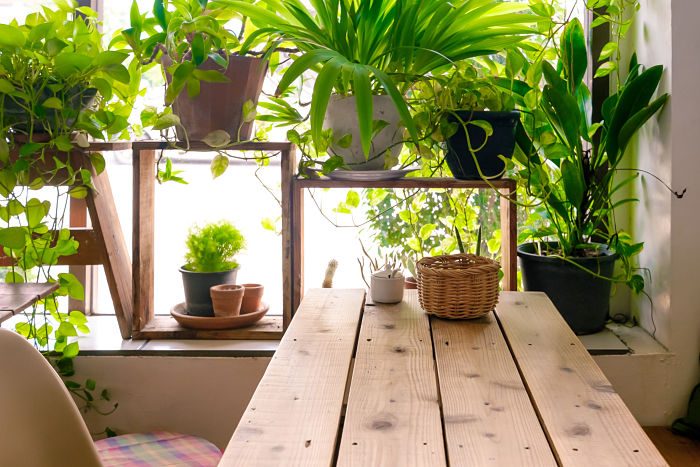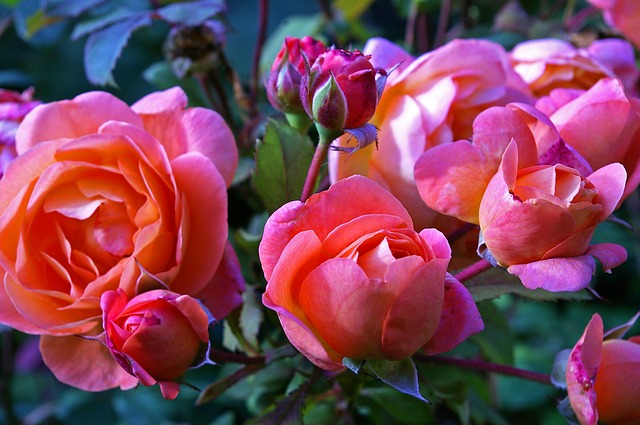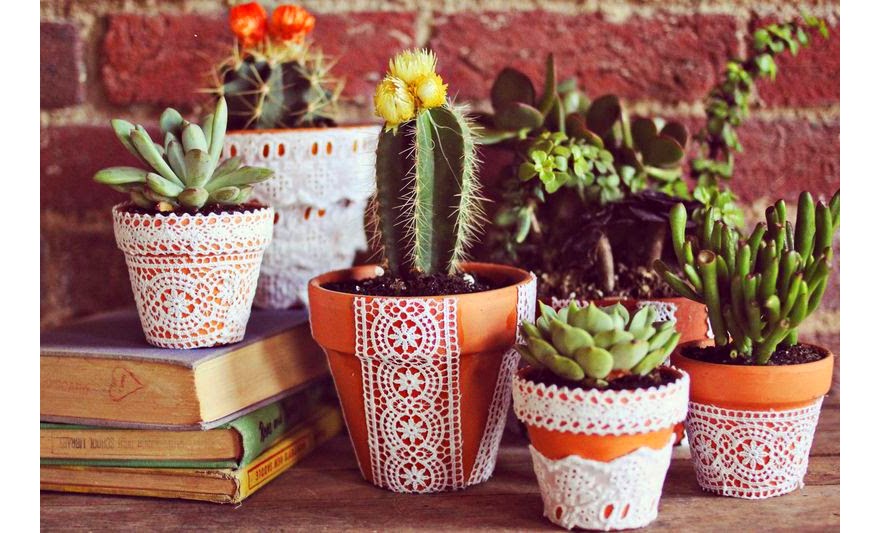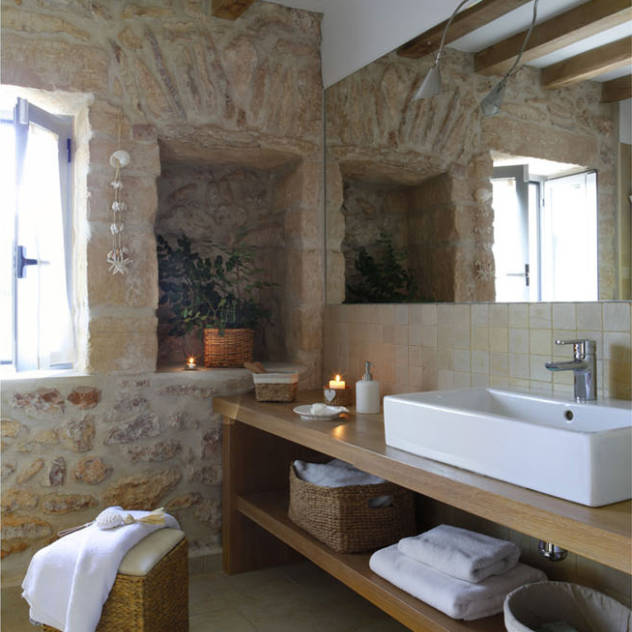Many of us love to buy indoor plants and decorate our home with flowers and pots… but let’s be honest, very few really know how to care for a lyre tree. However, most of us do have at least one succulent.

And of course, it is something reasonable. The plants are very decorative and colorful. And they fill the spaces with a natural touch that reassures us while we are locked up.
Let’s face it: In a stressful and uncertain world, our increasingly jungle-like rooms have become sanctuaries that revitalize our mental health. And this is the big reason why you don’t have to feel guilty about spending half your salary on plants.
Plants literally help you breathe better
We really are in debt to plants when it comes to breathing clean air. These are quite good at releasing oxygen and absorbing carbon dioxide. Which you surely remember from your biology class. Therefore, it stands to reason that keeping plants around the house has benefits for physical health.
What is good for the body is good for the brain. That is why it is worth considering having plants with great capacities to absorb toxins and purify the air such as potos, aloe vera and ivy. Scented plants also have health benefits. The scent of flowers like jasmine and lavender has been shown to reduce anxiety and stress and promote a good night’s sleep.
Gardening is the cheapest form of therapy
Researchers have been promoting the mental health benefits of gardening for decades, and for good reason. Studies have repeatedly shown that caring for plants can distract our minds from bad things, relieve stress, and have an overall calming effect. Gardening is so good for the brain that it is even believed to reduce the risk of dementia.
Plants are also a great way to take a break from technology and the stressful whirlwind of work life and the accompanying work emails.
It is quite difficult to be using social networks while you are pruning or watering your plants, and this is the key itself. Nurturing a plant, even for a few minutes each day, forces you to stop and focus on something other than a text message or Instagram post from your friend who is traveling in Europe.
A recent study was able to show that a group of people in their twenties experienced a massive drop in blood pressure and other symptoms of physical stress when they had an indoor gardening session after using the computer. The results suggested that caring for indoor plants reduces physiological and psychological stress, especially compared to mental tasks performed using technology.
Science aside, everyone knows what coming home from work and seeing your monstera sprouted a cute little new leaf is one of the best feelings out there.
Gardening, even if your plants die 50 percent of the time, is an easy way to feel fulfilled. And those little moments of pride add up to big mental health benefits.
Beauty is good for the well-being of your brain
But what if you don’t have enough time to be tending to all those modern and complicated to care ferns? How do you keep these plants alive? Do not worry.
The simple fact of being in the presence of nature can have enormous benefits for mental health, which means that you would not have problems investing in an air plant that does not need water or much care.
The science is very clear: people are happiest when they are around aesthetically pleasing living things. Office workers have been found to be most productive and happy when surrounded by indoor plants. Additionally, having plants in hospital rooms helps surgical patients recover faster by reducing blood pressure, pain, and fatigue levels.
Studies have found that even the act of looking out the window at a small strip of trees in an urban park can have restorative properties for mental health.
Simply seeing the color green has been found to promote emotional stability. While the presence of brightly colored flowers can provide an instant mood boost.








